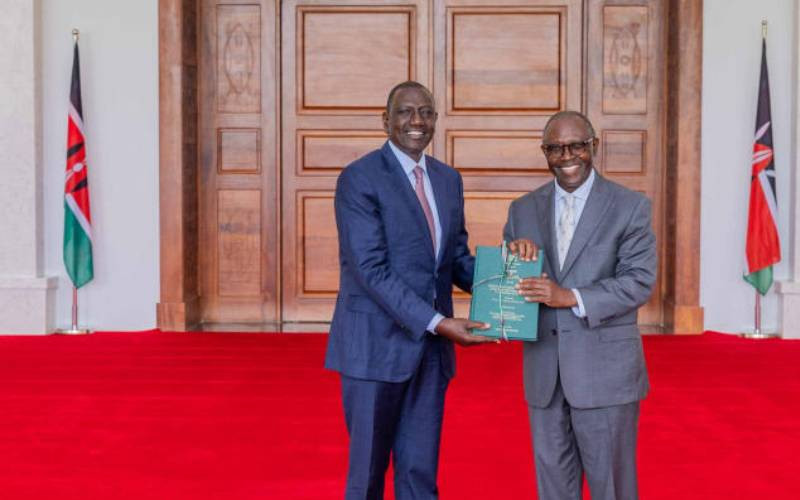×
The Standard e-Paper
Home To Bold Columnists

During the 2022 campaigns, the creme de la creme of Kenya's religious community became a classic case of how best to cheerlead politicians.
They leased out the pulpit, pocketed huge amounts of cash and 'blessed' highest bidders. That time, voters were told the country needed 'God-chosen' leaders. It was a pure entanglement of politics and religion. The clergy's treachery and vulnerability to political manipulation was proven beyond doubt.